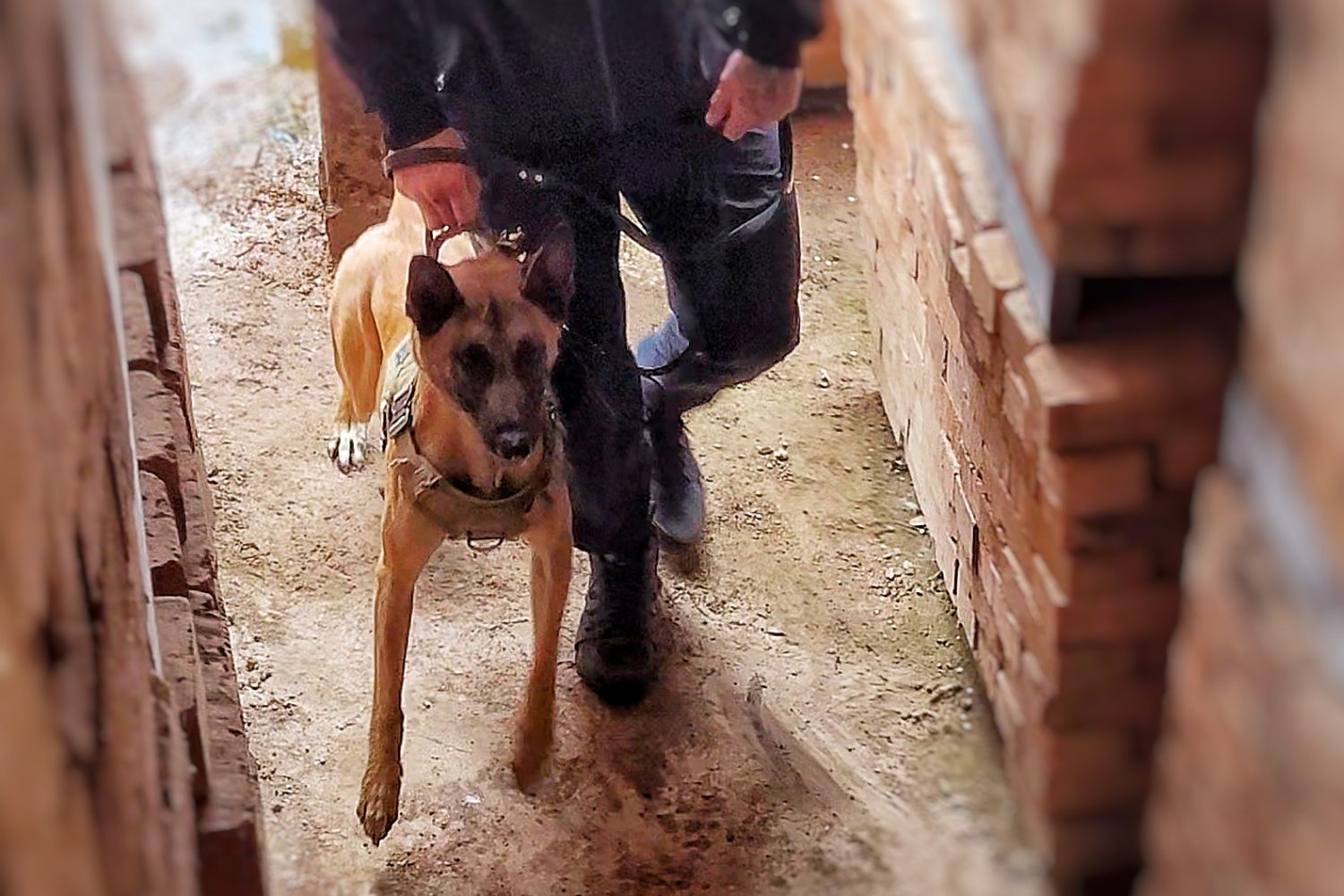When it comes to selecting a personal protection dog, one cannot overstate the importance of genetics. Genetics serve as the blueprint for a dog’s temperament, behaviour, physical attributes, and overall suitability for protection work. In this article, we delve into the significance of genetics in choosing a personal protection dog, shedding light on why it’s a critical factor for consideration.
Temperament and Behavior
Genetics play a pivotal role in shaping a dog’s temperament and behaviour, which are fundamental aspects of its effectiveness as a personal protection dog. Traits such as strong nerves, confidence, drive, steadiness and clear headedness are mainly an inherited traits. Dogs with the right genetic predisposition exhibit a strong drives coupled with a stable and trainable temperament, making them well-suited for the demands of protection work.
Trainability and Adaptability
The genetic makeup of a dog influences its trainability and adaptability to various situations and environments. Dogs with a favorable genetic profile are more responsive to training, able to learn and execute commands reliably, and adapt to changing circumstances with ease. This inherent ability to absorb training and apply it in real-world scenarios is invaluable for personal protection dogs.
Physical Attributes and Fitness
In addition to temperament, genetics determine a dog’s physical attributes and fitness level, which are crucial for its performance as a personal protection dog. Factors such as weight, size, strength, agility, and endurance are genetically determined traits that impact the dog’s ability to carry out tasks such as patrolling, apprehension, and deterrence effectively. Selecting dogs with the appropriate physical characteristics and maintaining them in fit body condition ensures that they are capable of meeting the demands of their protective role and diffuse a potentially dangerous situation before it begins.
Consistency and Predictability
By selecting dogs with known and proven genetic backgrounds and documented pedigrees, owners and trainers can achieve greater consistency and predictability in terms of temperament, behavior, and performance. Dogs with a consistent genetic lineage are more likely to exhibit desired traits and characteristics, making them reliable assets in personal protection scenarios. This consistency fosters trust and confidence in the dog’s abilities, both for the owner and for those relying on its protection.
In conclusion, genetics are a cornerstone of selecting a personal protection dog, influencing temperament, trainability, physical attributes, health, and overall performance. By understanding and leveraging the genetic factors at play, owners and trainers can ensure the suitability, effectiveness, and longevity of their personal protection companions. With genetics as a guiding principle, individuals can confidently choose dogs that embody the traits and capabilities necessary for providing reliable protection.
